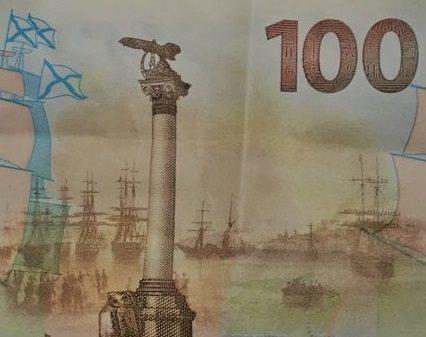Financial War. Economic nationalism in post-sanctions Russia: rhetoric, actors, and policies.
Discussion & Workshop | 09. July 2018 | 18:00 – 20:00 | Centre Marc Bloch
Round-table discussion with:
Dr. Sophie Lambroschini (Centre Marc Bloch)
Ewa Dąbrowska (University of Amsterdam; Prisma Ukraïna)
Dr. Julien Vercueil (Institut National des Langues et Civilisations Orientales - INALCO, Paris)
Discussant: Dr. Mihai Varga (Free University Berlin)
Chair: Prof. Dr. Mikhail Minakov (European University Viadrina; Kyiv-Mohyla Academy)
(In cooperation with Prisma Ukraina)
"Thank God sanctions help us here (not to import) everything. We need to switch on our own brains. And, by the way, that's not going too bad." – President of the Russian Federation Vladimir Putin, 26.04.2018.
"The West (wants) to put pressure on Russia, so that Russia would change its government (...). I think this is an economic war (…). It really is a full-fledged attack on Russia." – Andrey Kostin, president VTB bank, January 2018, Davos Economic Forum.
"We have to improve the geopolitical situation. We are one of the companies that could have become global, but now we are slowly closing down." – German Gref, CEO of Sberbank, Russia's largest bank, 19.01.2018.
Russia reacted to Western sanctions with a discourse and policies in the spirit of economic and financial nationalism. In particular, Russian authorities resumed a narrative of opposing a neoliberal order dominated by the US dollar, which they perceive as a continuation of the Cold War international financial system. Russian plans to challenge the dominance of the United States in this system were largely suspended by the 2008 financial crisis, but then adapted and transformed. Since 2014, when the European Union and the United States began blocking access to western financial markets, Russian government officials claim that the country was successfully countering this western "blockade" by boosting domestic production through counter-sanctions, the development of domestic offshore zones and financial links to Asia as a strategy to raise capital outside western markets, and by mobilizing Russian state banks for intelligence-gathering purposes. The Russian business world, however, shows concern. Notably, the last round of US sanctions against Russian businessmen with Kremlin ties provoked a serious slump on the Russian stock market, as investors pulled out. Thus, Russia faces a dilemma as anti-western economic posture collides with its long-standing and active integration in global markets.
The proposed discussion aims at deconstructing the ideas behind Russian economic policies and investigating their implementation. Invited experts will discuss how to make sense of those policies, how those measures are realized, and which actors support or oppose them. Finally, the speakers will discuss whether economic nationalism, and in particular financial nationalism, are appropriate and useful concepts to explain recent developments in the Russian political economy.
09.07.2018 | 18:00-20:00 Uhr
Centre Marc Bloch
Friedrichstraße 191, 10117 Berlin

